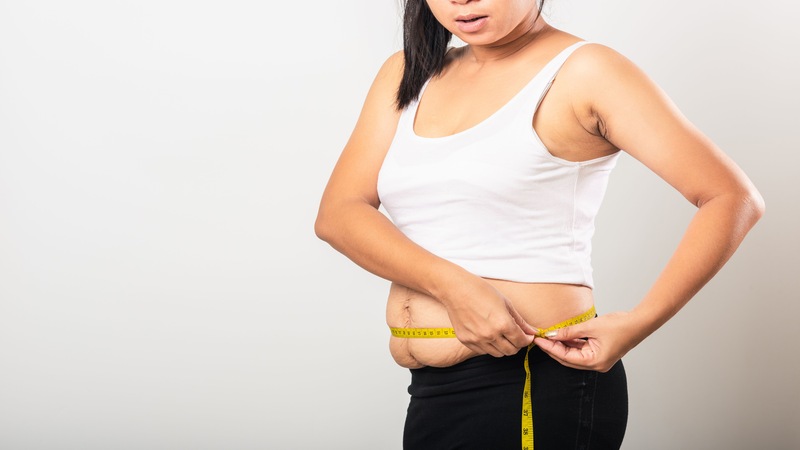
Pregnancy and birthing are daunting, stressful, and at the same time fulfilling phases for every mother. Post-child birth, the mother goes through many changes, the most important being changes to the body that include weight gain, bloating and post-belly pouch. Getting back to your pre-baby body can seem daunting but not impossible. Following the steps to get to your pre-baby body involves more than just basic weight loss.
A holistic approach that includes nutrition, hydration, stress management, rest and recovery is vital to get to your pre-pregnancy body and shape. Here are 10 important steps that will help your journey.
Infographic on 15 Steps to Get Back to Your Pre-pregnancy Body
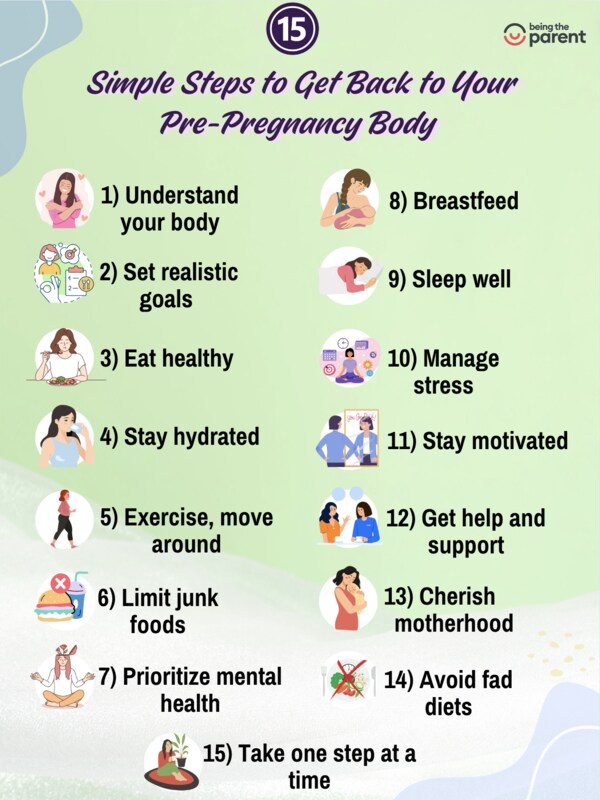
Top 15 Steps to Get Back to Your Pre-baby Body
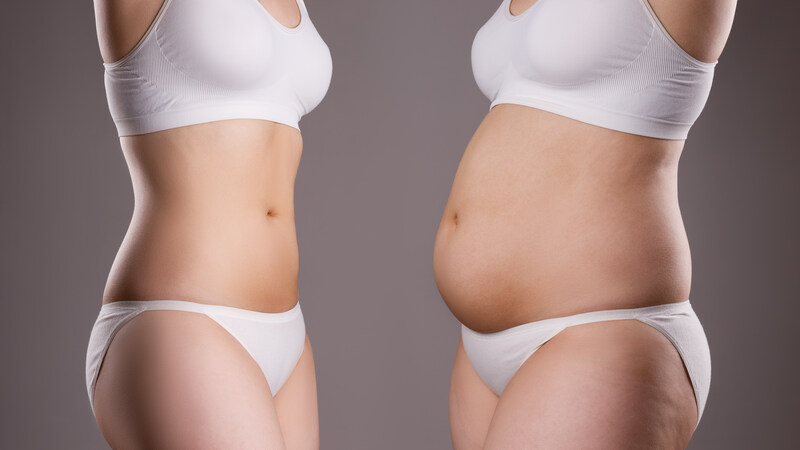
First, know that nothing is impossible. Yes, you can smoothly get back to a slim figure even after all those hectic body changes during pregnancy. Celebrity moms like Jennifer Lopez, Gwyneth Paltrow, Beyonce, and Miranda Kerr have proven that it is nothing impossible! Celebrities don’t have bodies made of special elements, so to speak. Every woman is a star! You can also do it. Look up the following ten step-by-step tips. These can be helpful.
1. Understand Your Post-Pregnancy Body
The first step towards your pre-pregnancy body regime is to understand your body’s needs and functioning. From physiological to emotional and physical changes, a lot is going on.
Hormonal fluctuations cause weight gain, swollen ankles and breast enlargement among other types of changes (1).
While planning for a pre-pregnancy body-achieving routine, you may have to revamp your regular diet and exercise schedule for better outcomes. Also, it’s better to consult your doctor first to ensure a smooth journey.
2. Set Realistic Goals For Yourself

Be realistic while setting goals for yourself. You might have shed up to 5 kgs in a month before getting pregnant, but understand that your body and hormonal levels are different now.
Postpartum weight and postpartum belly reduction takes time. If the scale doesn’t budge, do not be disheartened. Most moms reach their pre-pregnancy weight only by the time the baby is one.
3. Focus on Nutrition And Eating Healthy
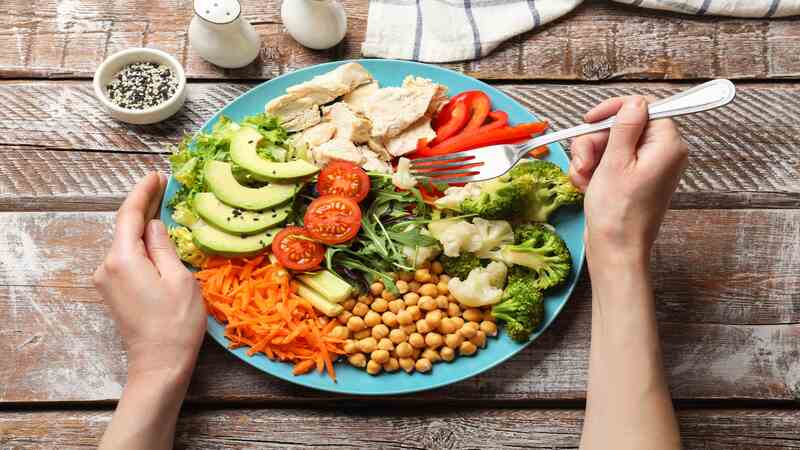
While you may need to wait a few weeks to start exercising (see next point), you can start eating healthy from day 1. Here are a few things to take care of:
- Never skip your breakfast.
- Include plenty of fruits and vegetables in your diet (2).
- Add fibre-rich food like oats, lentils (dal) and beans to your meals (3).
- Avoid white flour (maida), and refined sugar and if possible swap white rice with brown or red variety.
- Portion control – this helps a lot.
[Read : Exercising While Breastfeeding]
4. Stay Hydrated

Keep drinking water throughout the day to stay hydrated and flush the toxins out. Water helps immensely when trying to lose weight as drinking water may speed up metabolism (4).
5. Include Exercises and Physical Activity

Exercising and physical activity postpartum play a major role in weight loss and curbing mood swings. It also helps strengthen abdominal muscles and reduces the incidences of conditions such as diastasis recti (5).
Doctors encourage basic mobility a day or two after your delivery. But intense exercising may have to wait (5A).
Resuming exercises will depend on the type of delivery. If you had a normal delivery, your doctor would suggest waiting 6 weeks (1.5 months) and if you had a C-section, longer (up to 3 months) to resume exercising.
Check with your gynaecologist when you can realistically start working out. If you have no other health problems, you can start walking right away. Your goal must be to regain your strength and stability as opposed to directly focusing on weight loss.
Also, you can do a lot of activities even when your baby is an infant!
For instance, most Indian parents take the infant outdoors to ensure the baby gets vitamin D. You take up that responsibility. This will ensure you get some fresh air and walk around a bit. Once the baby is older, you can push them around in their prams or tricycles.
Many brave moms do squats, sit ups and arm lifts holding the baby. Make it a fun activity so that your baby enjoys the time too.
[Read : 12 Fun Exercises To Do With Your Baby]
6. Know That Breastfeeding Can Help in Weight Loss

Breastfeeding has many benefits, one of the most significant being weight loss (6). If your baby is exclusively breastfed, you burn 500 to 700 calories every day (7). This means that if you are managing your diet well, you are shedding weight while you nurse your child.
You must balance calorie consumption and burning for effective results.
7. Rest And Sleep Well

Try to get enough sleep and rest when your baby is resting. Coping with postpartum sleeplessness can be challenging. If you are sleep deprived, your body produces stress hormones, which makes your body hold on to that extra weight and your hands reach for unhealthy snacks to satisfy your cravings.
Try to sleep when your baby sleeps. New mothers actually get quite accustomed to sweet half-sleeps and siestas. Sleep will help your body regain strength and let you feel fresh.
Lack of sleep can lead to depression and other mental health conditions which may directly affect the new mother’s health and indirectly affect the production of breast milk (8).
8. Manage Stress Effectively

Post-pregnancy stress is normal but it may contribute to weight gain. However, managing it is simple. Focusing on fostering a positive environment around the new mother is an essential part of her weight loss. Relaxation techniques and mental health support will play a crucial part in this process (9).
New moms can try meditation or postpartum yoga to feel relaxed. Also, you can join recreational groups, spend time with your friends and family or pursue your hobbies to lighten your mood and feel happy.
To avoid stress, practise breathing and relaxation methods such as diaphragmatic breathing, belly breathing, etc (10). If you’re a working woman, plan to help your employer know the situation for quick breaks and offs when required.
9. Stay Motivated

There are many ways to feel motivated during the journey. You can seek support from your family, friends, and of course, your doctor.
Try to include some time for self-love to stay cheerful. Opt for yoga, mild exercises and other activities such as massage sessions that relieve stress. Postpartum massages reduce stress and help relax the mind and body
10. Seek Support When Needed

Do not hesitate to ask for help.
If you’re stressed and feeling burdened by emotions, share it with your family members, friends or doctor/counsellor. They will ease your burden, give support and help you find a way to deal with this. Asking for help might seem scary but it’s easy.
Find the right person who is trustworthy and with whom you can talk and express your feelings.
11. Limit Processed Foods And Sugars

Processed foods and sugars have numerous impacts on health which may make your journey to the pre-pregnancy body difficult (11). These foods contribute to weight gain and may increase the risk of type 2 diabetes. Hence, it’s better to avoid them.
12. Monitor Your Mental Health

Your mental health is as important as your physical and emotional well-being. Regular monitoring will help you know your mental well-being and provide insights into your current status and pattern to ensure better planning and management.
Conditions such as postpartum depression or PPD are common among new mothers. Identifying the signals immediately and getting the needed help is paramount to preserving the mother’s mental health and emotional well-being.
13. Take One Step at a Time

Avoid rushing, especially if you are breastfeeding, it’s not a problem if you don’t get time for exercise at this point. All that can wait. Even when not feeding the baby, being a new mother is always very hectic.
Your baby will be crying if you are gone even for five minutes! It is natural because this is a big, new world for the newborn. Then, you have to change his diapers, arrange food, bathe the baby, and look after your other responsibilities.
Start with milk exercises such as stretching or walking once you get some free time, maybe in the evening or morning,
14. Don’t Forget to Enjoy Motherhood
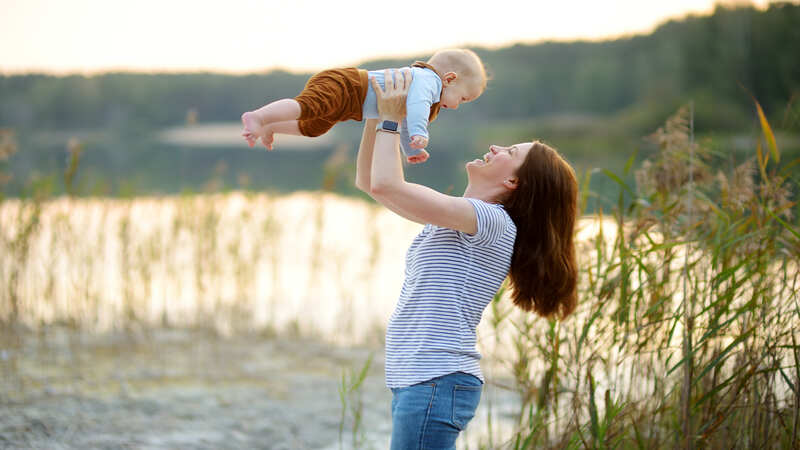
Babies grow quickly and before you know they are busy in their own world. This is a good time to spend time with yourself and your little one.
Though this period may seem daunting, it will get over before you realize.
Take time to bask yourself in the love of your little one and the beauty of motherhood. This will trigger hormones which will help relieve stress and help you feel good about yourself
15. Avoid Crash Dieting And Fad Diets
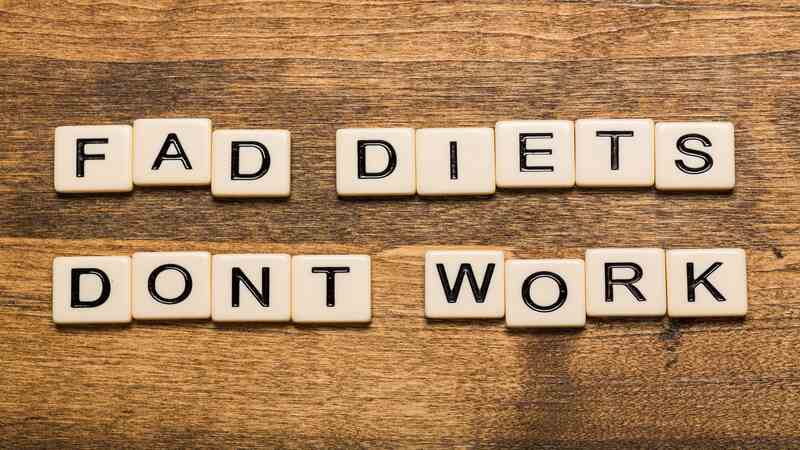
It is always a good idea to avoid quick-fix crash diets or fad diets (12). These diet plans don’t do much good for your postpartum weight loss and can interfere with the breast milk nutrients.
Most crash diets will show weight loss on the scales, but they will hide the fact that a lot of the lost weight is muscle mass. Instead of losing fats, you may end up with sagging skin.
Besides, the temptation to eat heavily is too great after the tough diet routine is over.
In effect, these are not at all beneficial. They may also interfere with the nutrition of the breastmilk you are producing. The goal of your food should be to ensure that it gives you enough energy to nurture and feed your baby and care for yourself and household chores.
Enjoy your motherhood, and keep the first few months to your baby.
[Read : 10 Natural Energy Booster Tips For New Moms]
The above steps will help you enhance your regular routine after pregnancy so you can get your pre-baby body. Plus, these will also improve your health and well-being so you can stay fit and lead a better lifestyle.
Remember, your body has gone through a lot of changes throughout your pregnancy and post-childbirth. Getting everything back to normal takes time. A holistic approach that includes a healthy diet, stress management and self-care while setting achievable and realistic weight loss targets is the key to getting back your pre-baby body.
FAQ’s
1. How Long Does it Take to Get Your Pre-baby Body Back?
The duration varies from body to body. However, getting back into the pre-baby body shape may take a few weeks to a few months. In the initial few weeks after delivery, focusing on rest and diet for recovery is good. After some time, you can start with mild exercises, yoga and meditation.
2. Do Hips Stay Wider After Pregnancy?
Many women feel like their hips have gone apart or have become wider after pregnancy. However, it’s due to changes in the pelvis structure. Heavy periods, breast size changes and broader hips may be more permanent changes after pregnancy.
References
- Walker, Lorraine O. Weight gain after childbirth: A women’s health concern? Annals of Behavioral Medicine, 132–141 (1995) – https://link.springer.com/article/10.1007/BF02895062
- Zhi Huang, Neng Li, Yu-Ming Hu, Dietary patterns and their effects on postpartum weight retention of lactating women in south central China, Nutrition, Volumes 67–68, 2019. – https://www.sciencedirect.com/science/article/abs/pii/S0899900719301145
- Alexander R, Khaja A, Debiec N, Fazioli A, Torrance M, Razzaque MS. Health-promoting benefits of lentils: Anti-inflammatory and anti-microbial effects. Curr Res Physiol. 2024 Mar 5;7:100124. – https://www.ncbi.nlm.nih.gov/pmc/articles/PMC10945126/
- Thornton SN. Increased Hydration Can Be Associated with Weight Loss. Front Nutr. 2016 Jun 10;3:18. – https://www.ncbi.nlm.nih.gov/pmc/articles/PMC4901052/
- Evenson KR, Mottola MF, Owe KM, Rousham EK, Brown WJ. Summary of international guidelines for physical activity after pregnancy. Obstet Gynecol Surv. 2014 Jul;69(7):407-14.- https://www.ncbi.nlm.nih.gov/pmc/articles/PMC4134098/
- Jarlenski MP, Bennett WL, Bleich SN, Barry CL, Stuart EA. Effects of breastfeeding on postpartum weight loss among U.S. women. Prev Med. 2014 Dec;69:146-50. – https://www.ncbi.nlm.nih.gov/pmc/articles/PMC4312189/
- Losing weight while breastfeeding, Breastfeeding Info, La Leche League International –
https://llli.org/breastfeeding-info/weight-loss-mothers/ - Kawashima A, Detsuka N, Yano R. Sleep deprivation and fatigue in early postpartum and their association with postpartum depression in primiparas intending to establish breastfeeding. J Rural Med. 2022 Jan;17(1):40-49 – https://www.ncbi.nlm.nih.gov/pmc/articles/PMC8753258/
- Bazzazian S, Riazi H, Vafa M, Mahmoodi Z, Nasiri M, Mokhtaryan-Gilani T, Ozgoli G. The relationship between depression, stress, anxiety, and postpartum weight retention: A systematic review. J Educ Health Promot. 2021 Jun 30;10:230. – Thttps://www.ncbi.nlm.nih.gov/pmc/articles/PMC8318190/
- Postpartum Anxiety Mindfulness Exercises, March of Dimes – https://www.marchofdimes.org/sites/default/files/2023-04/CS_MOD_ISWM_ShortForm_Mindfulness.pdf
- Cummings JR, Lipsky LM, Schwedhelm C, Liu A, Nansel TR. Associations of ultra-processed food intake with maternal weight change and cardiometabolic health and infant growth. Int J Behav Nutr Phys Act. 2022 May 26;19(1):61 – .https://www.ncbi.nlm.nih.gov/pmc/articles/PMC9137185/
- Balsarkar G. Clinical Practice Guidelines for Weight Management in Postpartum Women: An AIIMS-DST Initiative in Association with FOGSI. J Obstet Gynaecol India. 2022 Apr;72(2):99-103. https://www.ncbi.nlm.nih.gov/pmc/articles/PMC9008111/
Read Also : 10 Home Remedies To Lose Belly Fat After Delivery

